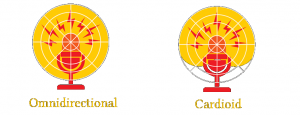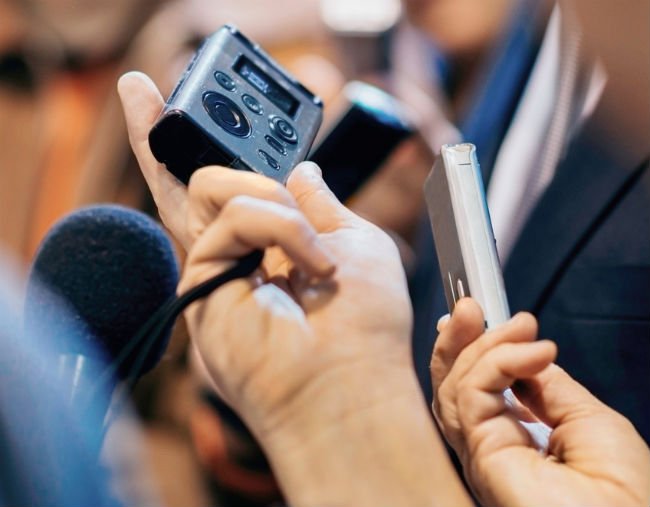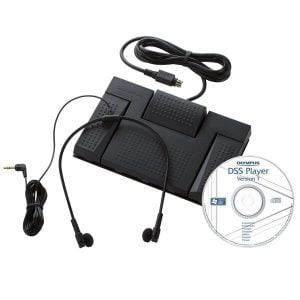For those looking to purchase a voice or call recorder, with all the choice and tech jargon out there, it can be daunting. So we have compiled a list of dictaphone and call recorders FAQs for any of you in need of a little expert help!
1. What is the difference between a dictaphone and a voice recorder?
These two terms are often used interchangeably and they are essentially the same thing. But if you want to be really technical, then a dictaphone is usually for a single speaker whereas a notetaker is more specifically for recording multiple speakers in a group environment.
2. What is the difference between omnidirectional and directional microphones?

This is all to do with pickup patterns, which sounds confusing but really all it means is omnidirectional mics pick up sound equally from all directions, whereas directional has a narrower pickup pattern.
This difference in radius can affect sound quality: Omni-directional picks up sound from a wider area but can sometimes pick up sound from unwanted sources. They are better for group recording like in meetings.
3. What is the best recording format?
There’s no one best format, it really depends on the quality of the recording that you are after. You have to find the balance between quality and size: the higher the quality, the larger the file size. This means that it takes up more storage space and uses up more battery to record. The most common formats are:
- MP3 or WMA: These are lossy compressed formats. Sounds complicated? Translated into layman’s terms: they omit certain parts of the recording to decrease file size. Therefore the quality is decreased but it is a very manageable file size – and the quality is usually fine for most voice recordings.
- WAV: These are uncompressed so offer a much higher quality sound but are very large files. These are much better if you’re recording music and need high-quality audio.
4. What is VCVA?
Voice Control Audio Actuator (VCVA) is a recording technology that prevents the recording of silence, so recording begins and stops with the detection of sound above a pre-set level. This, therefore, saves power, time, and memory space being wasted on silences.
This is very similar to VOX (Voice Operated Switch), which operates in the same way in relation to the detection of sound over a certain limit.
 5. Is there software that can transcribe my recordings for me?
5. Is there software that can transcribe my recordings for me?
Yes, there is! The most widely used is Dragon NaturallySpeaking and Transcriber, and MacSpeech Scribe for Apple Macintosh systems.
There is also software that helps you to transcribe, as found in the transcription kits on our website. This helps you to manage your recording files: organize them, apply job status information, creation of folders. You can also control the speed of playback.
6. What is the difference between a voice and a call recorder?
With a voice recorder, you record live sounds that reach the microphones of the device, whereas a call recorder works through a phone line to record the conversation. A call recorder can work on an analogue or IP line or through a mobile.

7. Is my Smartphone recording app enough?
For simple short recordings, it works just fine. But if you are recording and need to use your phone for other functions, the battery may drain very quickly. Also with a recording app on a Smartphone, the quality is inferior to that of dictaphones, as well as the range of extra features that you can get.
You can also give our Dictaphone and Call Recorder Buying Guide for a closer look at how to choose the best device for you.

 5. Is there software that can transcribe my recordings for me?
5. Is there software that can transcribe my recordings for me?